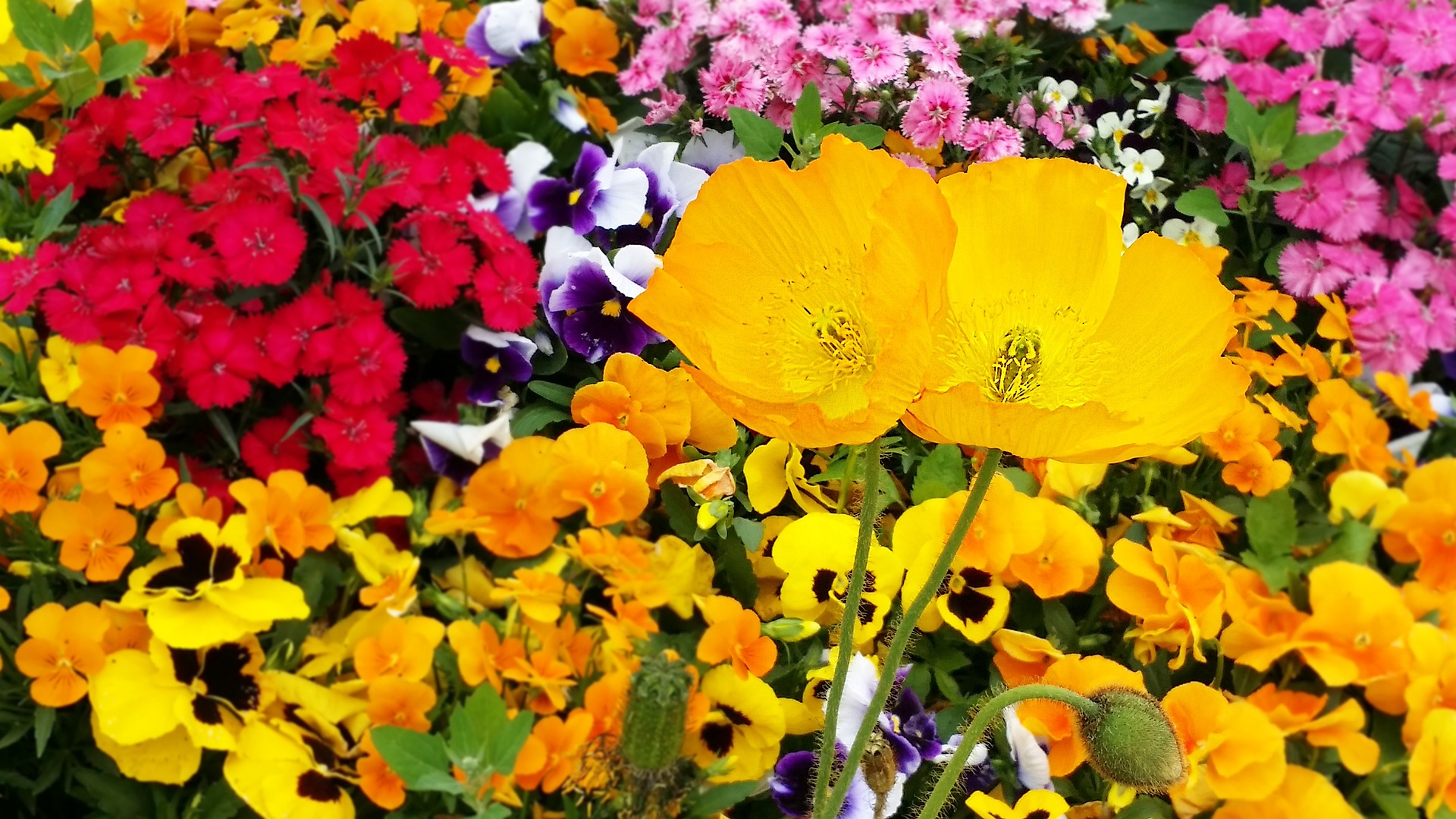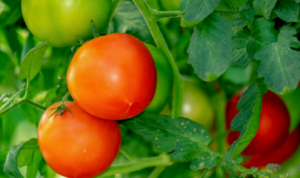After a very indifferent wet humid summer with some dry sunny days, we may start to experience cooler nights with overnight dew, signalling the time to prepare the garden for the next season’s planting. If it is dry, keep watering to make the most of the late summer crops to help supplement the weekly shop.
Vegetables
Once crops have finished producing, it’s time to remove spent plants and replenish the soil with a mixture of blood and bone, sheep pellets and a good general garden fertiliser. Dig well into the soil and water in, then you are ready to start planting out your new seedlings.Plant now: carrots, spinach, celery, coriander, broccoli, cauliflower, kale, lettuce, rocket.
Just a note: If you collect your own seeds for later propagation, now is the time to do this before composting. Any old plants pulled out can be cut up and added to the compost bin. While any garden areas are empty, take time to top up garden beds,
replenish the soil with a new layer of compost, blood and bone and sheep pellets.
Flowers
It is also time to replenish the soil in your flower gardens with compost,blood and bone and sheep pellets. Top up the mulch too, great for not only keeping weeds at bay but also to help plants with warmth over the cooler months.
Start to plant your favourite winter flowering seedlings, pansy, viola, primula, polyanthus, calendula, cineraria, lobelia, poppies, alyssum, stock and snapdragon.
It is also time to plant spring flowering bulbs. Daffodils can be planted out from late February to the end of May. Early planting gets them off to a good start for better root development. Plant in full sun and well-drained soil. Anemones and Ranunculus are easy to grow, stagger planting for extended flowering season. Hyacinths are a beautiful addition to any garden. They are best planted out March/April in a cool spot. Protect all new plantings with slug and snail bait.
Fruits
Citrus trees are heavy feeders so feed with a specific citrus feed. This ensures healthy green leaves and better growth, flowers and fruits.Mulch around the roots to conserve moisture. Continue to harvest apples, pears, grapes, peaches and plums if yours survived the frost in September and you managed to salvage some of
the fruit. Once stone fruit have finished prune to shape and remove dead or diseased branches.
Lawns
Autumn is the ideal time to sow or repair your lawn. Now is a good time to fertilise your lawn to promote nice healthy growth.
Compost Heap
The compost with benefit from all the addition of the trimming and pruning of spent crops.
Happy gardening.
– Ngatea Garden Circle




